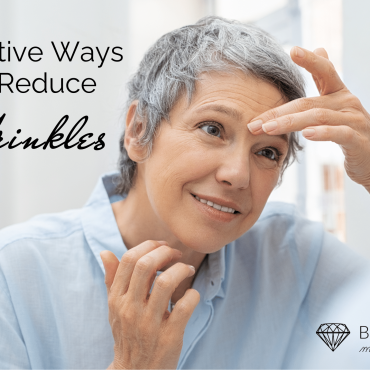Coenzyme Q10, also known as CoQ10, is a compound that helps generate energy in your cell.
Lets see how coQ10 can be helpful when used in skin care:
Your body produces CoQ10 naturally, but its production tends to decrease with age. Fortunately, you can also get CoQ10 through supplements or foods.
Health conditions like heart disease, brain disorders, diabetes, and cancer have been linked to low levels of CoQ10
One thing is for certain: plenty of research has revealed CoQ10’s wide range of health benefits.
CoQ10 is a compound made by your body and stored in the mitochondria of your cells.
As most of us learned in a biology class, the mitochondria are in charge of producing energy. They also protect cells from oxidative damage and disease-causing bacteria or viruses.
Given that ATP is used to carry out all the body’s functions and oxidative damage is destructive to cells, it is not surprising that some chronic diseases have been linked to low levels of CoQ10.
CoQ10 is present in every cell of your body. However, the highest concentrations are found in organs with the greatest energy demands, such as the heart, kidneys, lungs and liver.
Your skin is the largest organ in your body, and it’s widely exposed to damaging agents that contribute to aging.
These agents can be internal or external. Some internal damaging factors include cellular damage and hormonal imbalances. External factors include environmental agents, such as UV rays.
Harmful elements can lead to reduced skin moisture and protection from environmental aggressors, as well as the thinning of the layers of the skin.
Applying CoQ10 directly to the skin can reduce the damage from internal and external agents by increasing energy production in skin cells and promoting antioxidant protection.
In fact, CoQ10 applied directly to the skin has been shown to reduce oxidative damage caused by UV rays and even decrease the depth of wrinkles.
Lastly, people with low levels of CoQ10 seems to be more likely to develop skin cancer.


